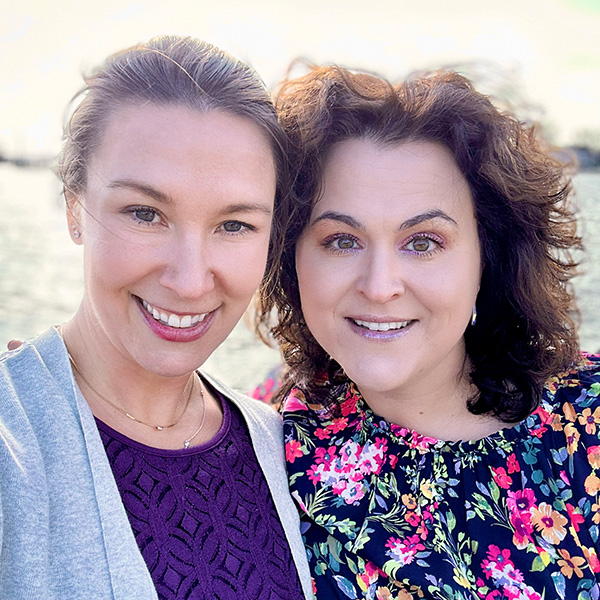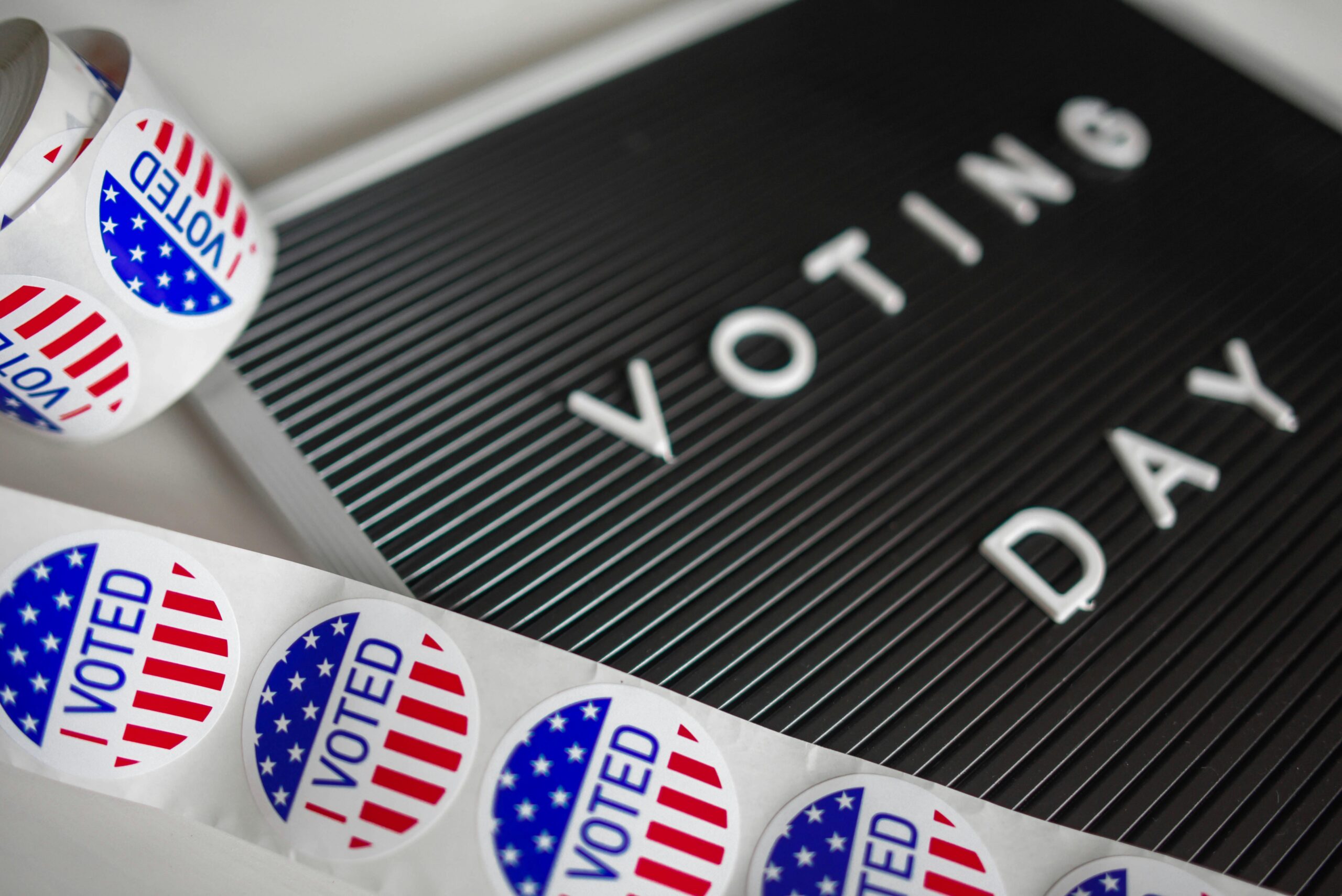At YVJ we are well aware of the business and burdens of the fall season. This time of year can be extra challenging during election years – particularly presidential ones!
We all feel and experience this in different ways – perhaps it is more political opinions and chatter at family gatherings; a more negative and toxic news cycle; and increased anxiety, anger, or other negative emotional responses. One of the things we notice in our clinical roles is increased stress and distress in the people we work with – many people generally feel worse and experience more negative emotions during these times.
Political beliefs or views aside, many Americans have strong feelings about candidates, political parties, and the overall direction of our country. Our country (though not unique to us) is stuck in what we know as in-group bias/favoritism (ingroup bias) and the out-group “extremity effect” (outgroup extremity). What that means is that 1) we tend to prefer people with similar beliefs to our own, who are part of a group we identify with, and 2) we tend to view people in an “outgroup” more negatively, assuming that they are all similar in some way we don’t like or agree with. These social group biases can result in negative attitudes and even behaviors like bias and discrimination.
This definitely plays out with political affiliation and beliefs, with even media sources being categorized as having “liberal bias” or being “conservative propaganda.” This political partisanism results in negative thoughts/feelings and even dehumanization of the “other,” polarization, intolerance of differing viewpoints, and the rejection of incongruent ideas among other effects. Recent attention has been given to the negative mood and mental health effects of politics and political news. Combined with the known negative effects of too much news or social media generally (media overload), we definitely need to be mindful of our relationship with the media and how it affects us.
YVJ recommends the following Election Year Survival Guide tips:
Be Intentional and Mindful
- Be intentional about your relationship with the media. Think about what is important to you (e.g. staying informed) and how to accomplish this in a way that isn’t detrimental to your well-being. This intention can be applied to media limits – thinking about how much exposure is good vs. harmful, as well as media types – which platforms have more neutral vs. negative effects. If video news is too triggering, try reading an article instead. Block or filter social media posts that increase anger or distress. Consider how media affects you at different times (e.g. in the morning or before bed).
- Be mindful about how much media you are consuming, the types of media you are engaging with, and the impacts this has on you. Try to use media in a way that meets your goals (e.g. information, connection) without causing harm or stress.
Moderation is Key
- As with most things, setting limits is important. It is possible to consume media in a way that is responsible and constructive. When we know something has the potential to be harmful, especially in larger doses, finding ways to set limits and moderate our use is a great first line of defense. You can even employ tools like screen time trackers or log-off reminders to assist if this helps keep you accountable.
- It is hard to take something away without finding something more constructive to replace it with! If social scrolling is a nighttime habit for you, consider something different to do before bed (e.g. have a cup of tea, read something, talk to a friend or family member, watch a lighthearted show).
Experiment (Be a Scientist!)
- One of the most common interventions we use with our patients this time of year are behavioral experiments. Think about tracking your mood with vs. without media (e.g. take a week off of watching the news and pay attention to shifts in your mood). Nearly all of the time, people notice that they feel better with less media in their life – this can tone down depression, anxiety, and anger. Once we know that, we can use that data to make healthier choices and find the limits that work for us.
Strive for Balance
- When the news, your social media feed, or a heated political conversation starts flooding you with negativity, get offline or make the choice to disengage from that conversation. Through it all, find ways to increase the positives in your life. Do something enjoyable, connect with a friend, laugh with your partner or children, or simply spend some time appreciating the beauty of nature. The more we can bring positivity into our lives during times of stress, the less that negativity can take over or overwhelm us.
- Avoid the cognitive error of catastrophizing. While elections do have serious implications and consequences, Presidential terms are not forever, and life will go on (even when it doesn’t feel that way). Getting sucked into catastrophic thinking will only increase anxiety and depression and take away from the ways that you can make a positive difference in the world or your community.
We hope you find some of these tips useful in your lives and they help make the election season a little less stressful! Remember to take care of yourself and try not to get sucked in to the media spin, drama, and negativity. Whether or not the election goes your way, focus on the things that are in your control and remember to reflect on what makes you feel positive or hopeful. At the end of the day, caring about the future and our country is a good thing – here’s to hoping we find more ways to join together, rather than push apart, as we move forward.
Joy in the Journey,
J & J
For a deeper dive into ingroup and outgroup biases, see: overcoming ingroup versus outgroup biases and read about a famous psychology study of ingroup and outgroup bias!
We want to hear from you! Connect with us or “ask the experts” here: https://yourvillagejourney.com/connect-with-us/
Follow us on social media for real-time tips and information: Facebook Instagram X
Subscribe to YVJ to get posts delivered right to your inbox: Join Our Village
Share this article...

Meet Drs. Jessica Lawson & Jennifer Doran
Jess and Jenn are clinical psychologists, working parents, colleagues and friends. We believe in the the power of psychology and in having a connected and supportive community – a village. Our Blog posts and videos are designed to be short in nature – something you can tune into for 5 minutes a day or less.





